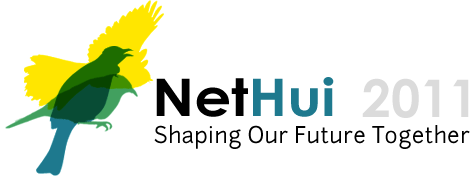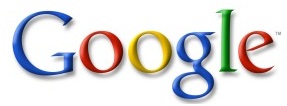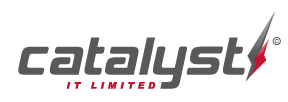Digital Citizenship (Thursday)
Creating an online environment the public can have confidence in
Stream Leader: Martin Cocker
OVERVIEW
A digital citizen is much more than somebody who knows how to be safe online.
A digital citizen is somebody who has all the skills and knowledge required to benefit from the opportunities of the digital age. We think of an ideal New Zealand Digital Citizen as having three things:
- Digital Literacy
- Cybersafety Skills and
- Being committed to the the values of New Zealand society
Safety skills is part of the mix, because you can’t make the most of your online experience if you don’t know how to manage safety and security challenges. A good digital citizen will also make a positive contribution to their society.
Its not hard to see the value in having capable digital citizens. There are societal and economic benefits to having more capable Digital Citizens.
- Digital Citizens are much more likely to engage with e-government initiatives in a meaningful way.
- Digital Citizens are lower risk to engage with. This means Digital Citizens are cheaper and easier to engage with online. For an online business – capable Digital Citizens represent better ROI.
- Capable Digital Citizens can create a stronger online community that is more resilient against criminals and those who would harm our society. They have the skills to protect more vulnerable members of the online community.
THURSDAY
Choice and exclusion
Facilitator: Sean Lyons, Director, NetSafeLABS
The internet and technology advancements continue to change the way New Zealander’s communicate, transact and organise their lives providing new opportunities to learn, share and access services. Yet despite this evolution some people, (aka Refuseniks) still chose to live partially or entirely offline.This session seeks to understand why those individuals make that choice. Is there a point when everyone simply needs to be online – what will it look like? What accessibility issues does this present? If we believe it is a right to access the Internet, is it also a right not to have to? if so, what does this mean for organisations who only provide for online access to tools or resources?
(forum)
Increasing Consumer Resilience
Facilitator: Chris Hails, NetSafe
This session focuses on how we can support New Zealanders to be resilient consumers in cyberspace and asks participants to share what they see as the leading cybersecurity and privacy issues facing computer users: How can we make the population more resilient to cybersecurity concerns, as well as online scams and fraud? Can we adapt other education frameworks to this issue? Are there lessons to be learnt from public health approaches? What can social marketing tell us about this? What roles do community, police, government, and industry play in addressing these issues? How can we work together to help New Zealanders to benefit from the economic advantages of the Internet?
(forum)
Civic engagement
Facilitator: Luke Goode, University of Auckland
Contributors:
Russell Brown (journalist and broadcaster, owner of Public Address blogging network)
Brent Simpson (Waiheke community media facilitator, web developer)
The internet has opened up new opportunities for citizens to debate and participate in public life instead of just hearing about it through the media. But are we realising its full potential to do so? Does the web foster engagement by citizens who would otherwise not participate in political and community affairs or just those who already have the desire, knowledge and time to participate? How can we create an online environment that is inclusive and civil? Is there a gap between removing barriers to access and fostering widespread active engagement—and, if so, how do we bridge it?
(forum)
Is Privacy a 20th Century concept?
Facilitator: Martin Cocker, Executive Director, NetSafe
Does the increasing popularity of social networking sites and the ability for individuals to publish a variety of personal information online (either on purpose or by ignorance) mean that the concept of privacy is fundamentally changing? Is Mark Zuckenburg changing the privacy landscape or does Facebook simply reflect current attitudes? This session explores whether or not people are still concerned with protecting their privacy. What is it that people still consider private? Are there logical categories, groupings, or rankings of “private” personal information? If there is a shift in the notion of privacy – how does that change (if at all) the responsibility of organisations holding personal information?
(forum)
Content Risks and Protection
Facilitator: Sean Lyons, Director, NetSafeLABS
The internet enables people to share and interact in ways and to an extent never before imagined. Every internet user can broadcast content in cyberspace. What do we do when people share or receive inappropriate content? In this session we will use scenarios to explore some of these issues, focusing on what laws come into play, who has a role in enforcing them, and what the practical realities mean for all stakeholders.
(forum)










